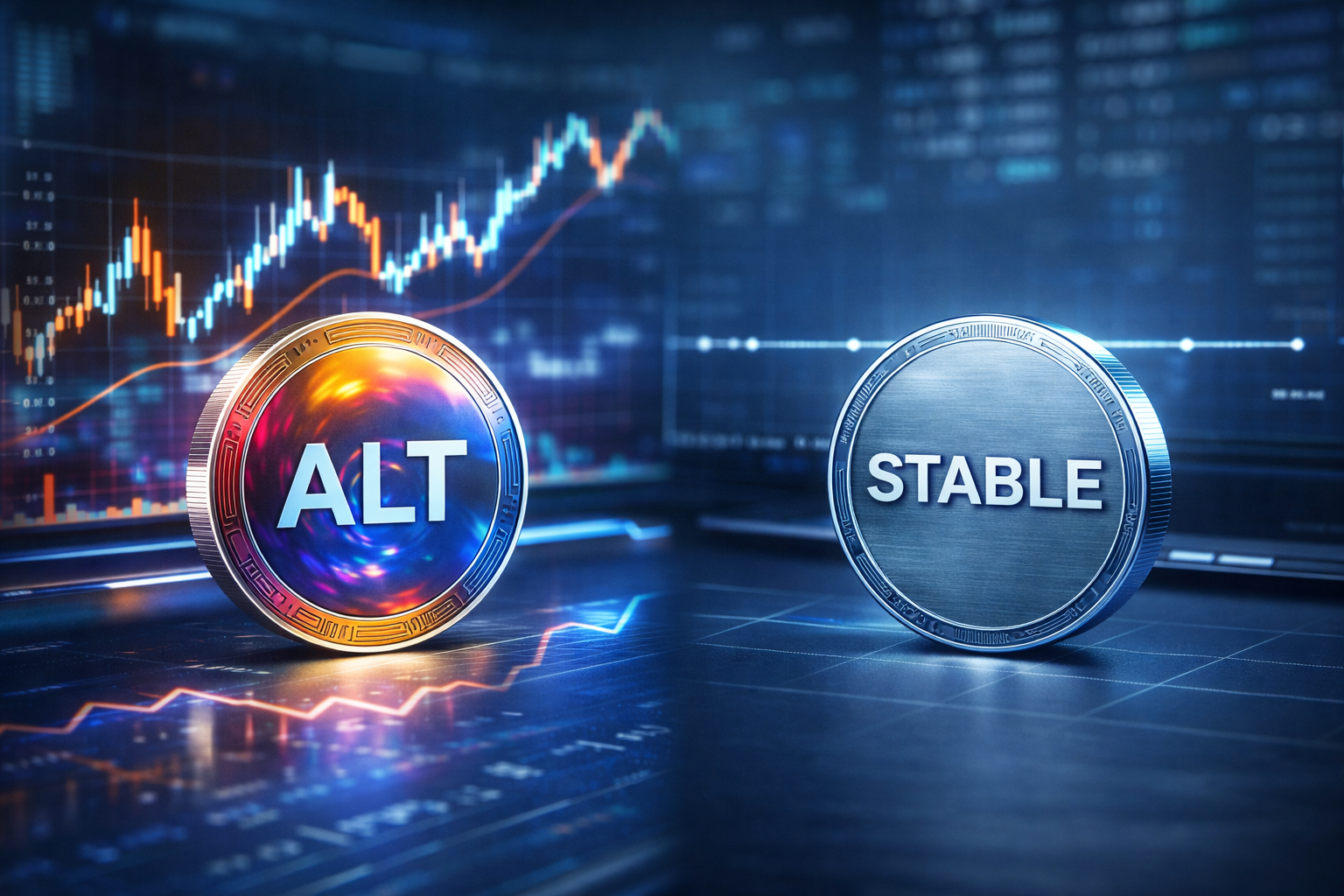David Agullo
What Are The Pressures That Binance is Facing From Its Regulators?

Binance, the world’s largest cryptocurrency exchange, has halted the sale of futures and derivatives across Europe, beginning with Germany, Italy, and the Netherlands. It stated it was “taking aggressive efforts” toward harmonizing crypto rules when it announced the action. Users from these countries were no longer allowed to open new futures or derivatives products accounts on Binance.
In July, Binance also stopped selling digital tokens linked to shares after regulators cracked down on its “stock token”. It also said it would stop offering crypto margin trading involving the Australian dollar, euro, and sterling.
REGULATION ON WITHDRAWALS
In a statement, the corporation claimed that the new tool is part of a “broader approach” to improve user protection and risk management measures. To protect its consumers, Binance has altered daily withdrawal limitations and updated leverage limits for futures accounts.
That it is lowering the withdrawal limit for users who have completed its lowest-tier account verification, a move that comes as the firm and the exchange market as a whole has come under increased scrutiny from international regulators.
Previously, those with Basic Account Verification completed could withdraw up to 2 BTC per day. For newly registered accounts, the limit has been reduced to 0.06 BTC per day, effective immediately. Additionally, between August 4 and August 23, Binance will phase in this policy for existing accounts.
FRAUD CAUTIONS
Furthermore, due to “excessively high fraud rates,” key banking institutions and payment processors in the United Kingdom have begun to restrict payments to and from Binance. This month, the business is also expected to reduce daily withdrawal restrictions from two Bitcoin to 0.06 BTC. Despite recent attempts to please regulators, Binance has been obliged to stop trading and supporting stock tokens.
A LOT OF SPECULATION
Binance’s corporate structure remains a mystery, with reports claiming that its holding company is based in the Cayman Islands. Binance’s headquarters are “decentralized,” according to a spokesman, and the company “works with several regulated entities around the world.”
Binance has amassed a sizable following around the world, including Telegram channels dedicated to users.
LAUNDERING FRAUD
In the United Kingdom, cryptocurrency trading is largely uncontrolled, while some operations, such as issuing crypto derivatives, may require approval.
Regulators, such as the Financial Conduct Authority (FCA), are growing concerned about the grade of anti-money laundering checks performed by crypto exchanges and the risks that crypto trading poses to consumers.
HALTDOWN
China’s crackdown on bitcoin miners and order for banks to halt crypto transactions, as well as Tesla’s withdrawal of its announcement that it would accept bitcoin payments for vehicles due to environmental concerns, have all been headwinds for Binance and the broader crypto industry in the last three months. Cyberattacks in the United States against critical infrastructure and public companies that demanded cryptocurrency ransom payments also drew negative attention. Bitcoin has dropped about half of its value since April when it hit an all-time high of $64,805.
Bitcoin and other cryptocurrencies have surged in popularity among retail investors during the global pandemic, prompting regulators to put trading platforms under increased scrutiny even though most cryptocurrency trading is unregulated.
Cryptocurrency trading is largely uncontrolled, while some operations, such as issuing crypto derivatives, may require approval.
Regulators, such as the Financial Conduct Authority (FCA), are growing concerned about the grade of anti-money laundering checks performed by crypto exchanges and the risks that crypto trading poses to consumers. I order to get people on board and to safeguard their interest ,it is extremely important to work towards an action-oriented and well-regulated system.
Latest
Blockchain
21 Feb 2026
Blockchain
13 Feb 2026
Blockchain
07 Feb 2026
Blockchain
06 Feb 2026
Blockchain
05 Feb 2026
Blockchain
03 Feb 2026












